Roll For Insight: The Imagination Gate
May 17, 2019 by brennon
I consider myself quite a creative person but very often I'm struck by bouts of what most people would consider something akin to writer's block.
It usually happens when I'm writing a role-playing game session and I'll find my flow completely broken by something or other, unable to really plan out the next adventure or encounter. I call this The Imagination Gate.
A Slippery Slope
When I come to points where I find my flow broken it's very much like the scene just pauses. The characters come to a stop, the world freezes and any images I have of these characters in my head slowly start to fade away.
This can be disheartening. If you're in the middle of a pressured scenario where you need to get something planned for an upcoming role-playing session, losing your thread and seeing the story dissolve before you can end up meaning that you shelve more than just that encounter but perhaps the entire story.
It also causes you to take shortcuts and try and fudge things. I can't tell you the number of terrible decisions I've made when telling a story only to try and think my way out of a problem which effectively ended in a cliff edge during my planning.
This, in no way, makes for a good story and looking back with hindsight I should have done a lot more to avoid this. Maybe postponing a session or letting the players take more of a lead. It happens to everyone in storytelling but it can hurt all the more when you ruin the fun for others by trying to fly by the seat of your pants.
Ill-Fated Choices
The Imagination Gate works two ways in my mind. Sometimes it shuts you out and doesn't let you progress and other times it lets you through but shuts the gate behind you. You can become so utterly absorbed in the moment and your interpretation of the event that you don't have room for the player's interaction with your story.
Again, this has led to more moments than I'd like to admit where I'd almost tanked a campaign because of being locked into a certain course of action. I've on occasion ended up accidentally killing a character or NPC in a strange way or pushing them towards a storyline that I thought would be epic, completely misreading the tone. This can be demoralising for pretty much everyone involved.
So, what do you do to try and combat this?
Finding The Key
There are a couple of ways I've found to get past the problems posed by The Imagination Gate. The first of these is simply to admit that you got it wrong.
If you fall into the trap and plough ahead with a session that just didn't work, hold your hands up to your players and ask them if they want to either start over again when you've had more time or work out with them how best to proceed. I've done this before and if you have the right group you can make sure things get back on track.
Another option here is to do as I mentioned previously. Just take a backseat and postpone the session until you're ready. Yes, it's tough to get a group together every week but just take the time to read through your story a few times making sure you've got it all right in your head.
Thirdly, take inspiration from other sources. A lot of what we write as storytellers for role-playing games finds its way into our games so if your favourite author or filmmaker came up with a way for a problem to be solved, build on that and work it into your story. Yes, it's not as original as doing it yourself but if it's a tried and tested answer...why not use it to help yourself out?
There is a flip side to this, however. One of the pitfalls of storytelling can be believing that you have to craft your campaign a certain way or it won't be good enough.
For example, you might have watched Critical Role and Matt Mercer describing an awesome twist where a villain pops up out of nowhere and things go badly for the group. It might have worked for their game but it won't always work for your own. Trust me. I threw a story together in a certain direction once but I didn't really consider just how my players were different from the Critical Role crew. They play a very different game and so the way Mercer tells stories just didn't work for me and, you guessed it, the story nosedived into the ground.
You need to really, really consider your players and the game they want to play. Railroading and storytelling with a bull-headed attitude can be good at times but if you're not flexible you're likely to end up breaking the fragile branches of your story.
A Meeting Of Minds
The final piece of advice I wanted to give is one stolen shamelessly from Brian Foster. He talked about how he shares the responsibility of storytelling with another friend, both of them taking the reigns of the story from time to time, working in tandem to temper each other's wild ideas and bring them in line with something the players are going to enjoy.
I honestly think that if you have the chance to do this, every storyteller should give it a go. Lifting the weight off your shoulders and having someone else standing with you there at the gate to help you push through could be just what you need in order to be creative and yet also bring things in line mechanically too.
This isn't going to work for everyone but simply having someone to talk to and bounce ideas off can make a massive difference.
Passing Through
The Imagination Gate has hit me pretty hard of late. I've found it very tough to come up with stories for role-playing sessions or indeed push my creatively through it so that it develops into something 'on paper' so to speak.
Using the techniques outlined above I'm hoping to push through and bring at least one of the dozens of ideas in my head down to earth, focusing it into something that will be useful for a session! I don't imagine it helps that, internally, I'm always working away or two or three different ideas, flitting like a butterfly between what I think could be fascinating or cool.
Keeping at it is key though. Making sure that, even if you do become demoralised by a failure of creativity, you're always jotting something down or writing out a line of dialogue somewhere, coming up with a cool villain in your head.
If anyone out there has any good ideas for getting to the other side of that Imagination Gate then feel free to share them in the comments below!
Art by Tianyu Li, Andrei Riabovitchev, Alice Monstrinho, Jonathan Berube, Jarraeu Wimberly, Joris Dewolf
Have you had any moments as a storyteller where you've realised you're going off in the wrong direction?
"...what do you do to try and combat this?"
Supported by (Turn Off)
Supported by (Turn Off)
"He talked about how he shares the responsibility of storytelling with another friend, both of them taking the reigns of the story from time to time..."
Supported by (Turn Off)
































![How To Paint Moonstone’s Nanny | Goblin King Games [7 Days Early Access]](https://images.beastsofwar.com/2024/12/3CU-Gobin-King-Games-Moonstone-Shades-Nanny-coverimage-225-127.jpg)








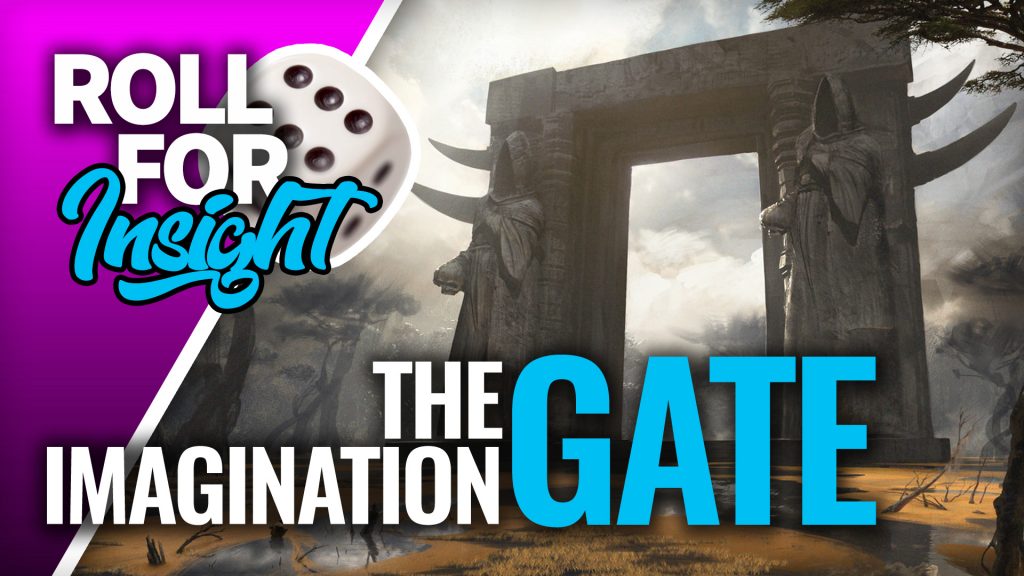
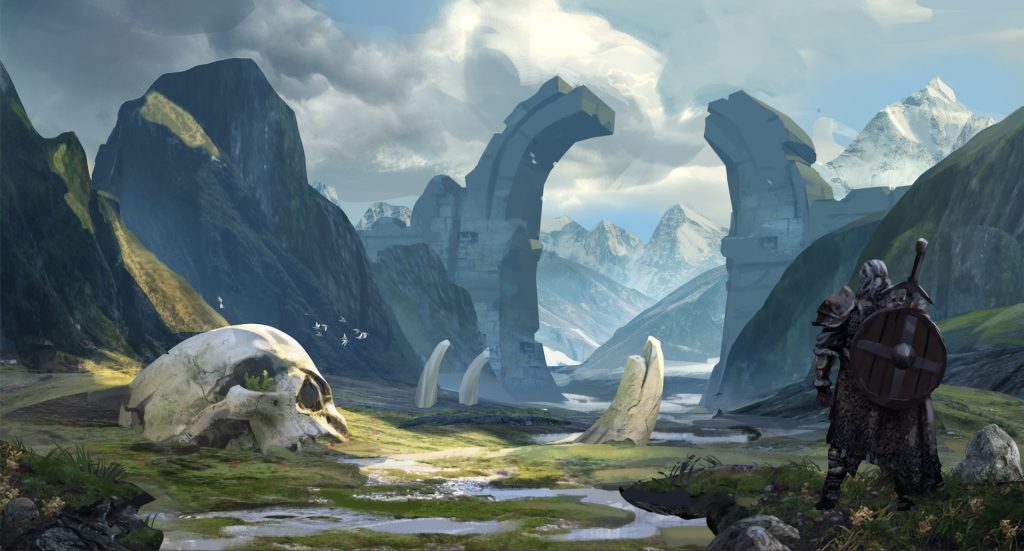
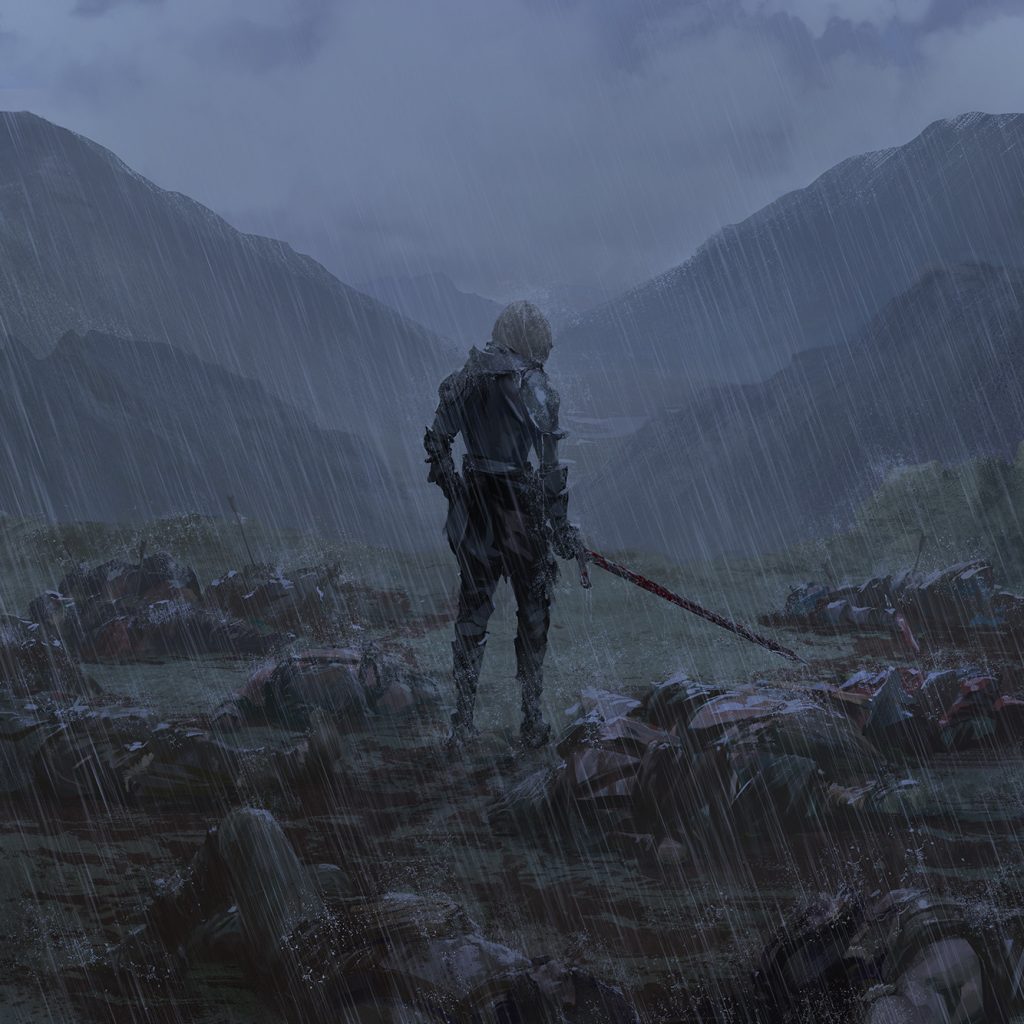
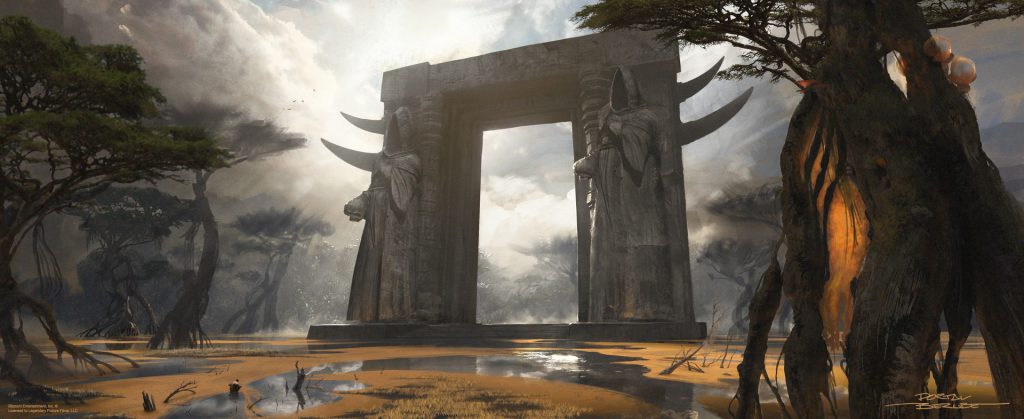
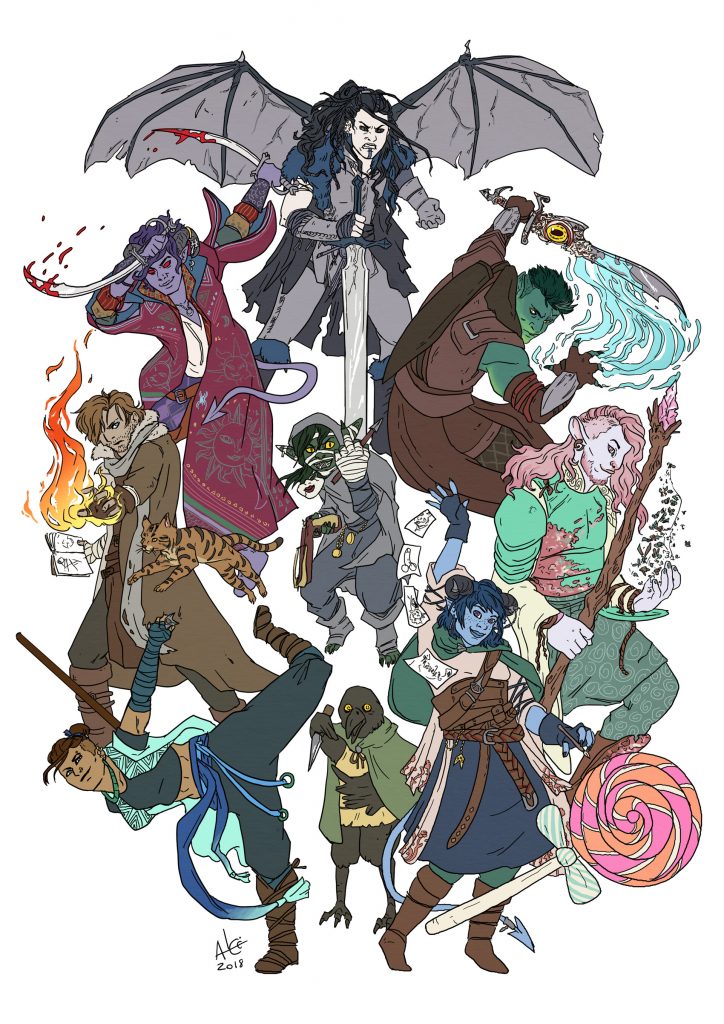
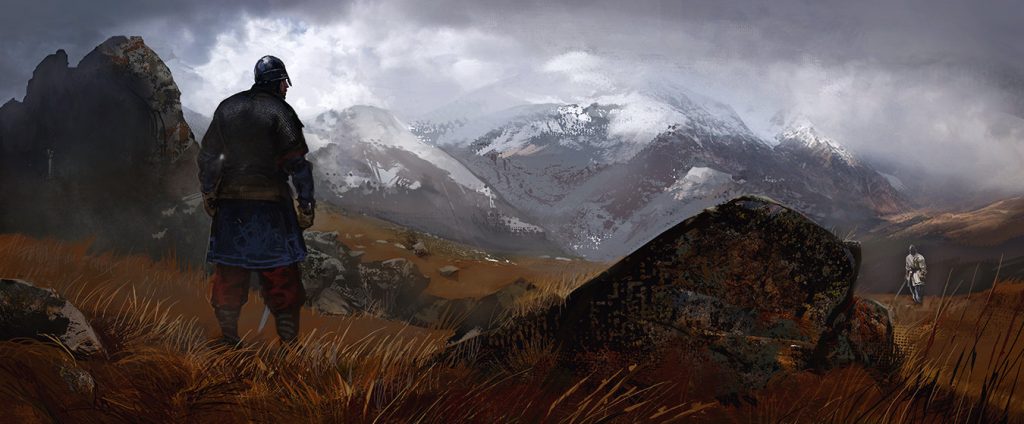
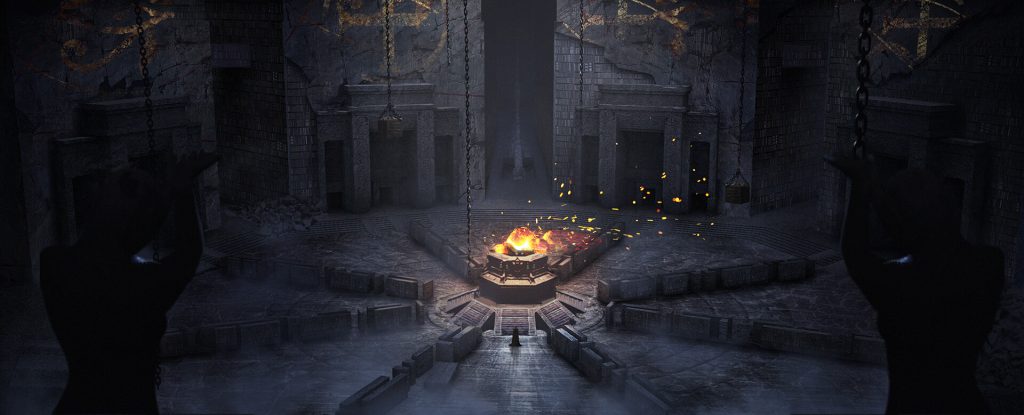



















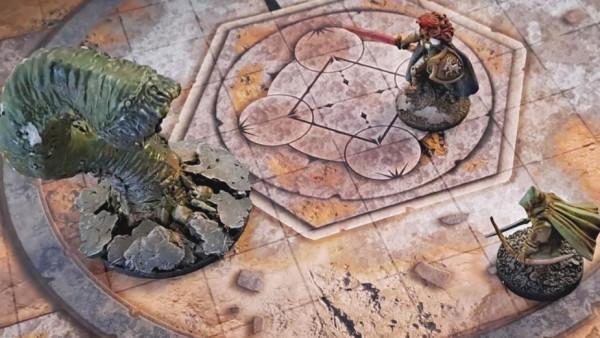
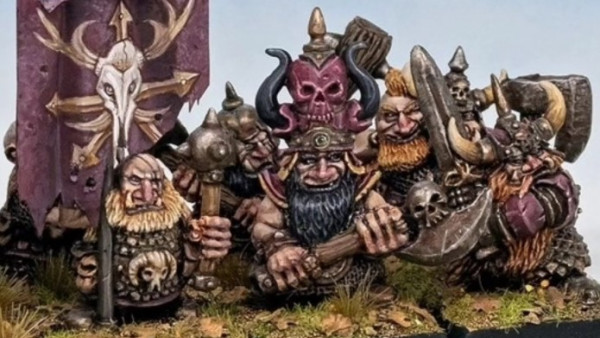


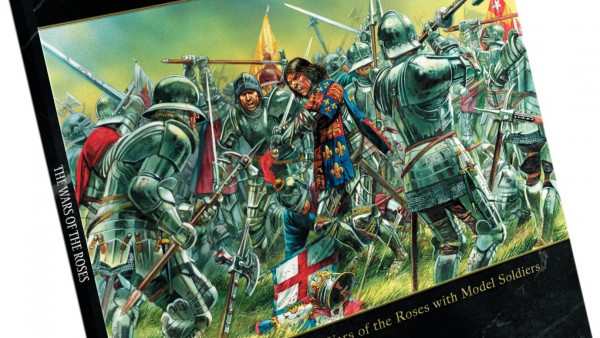
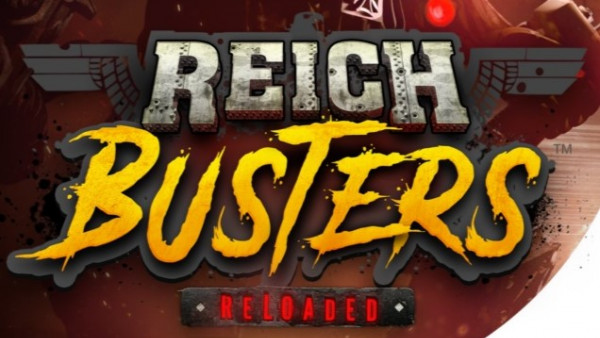
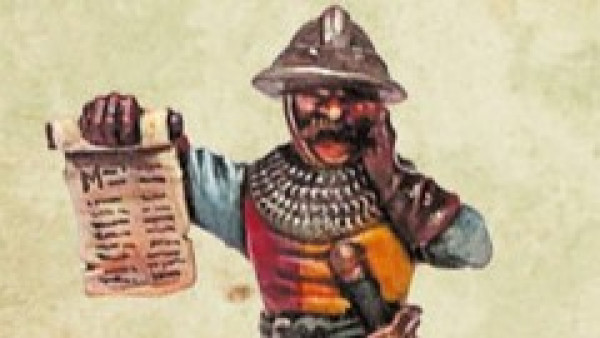
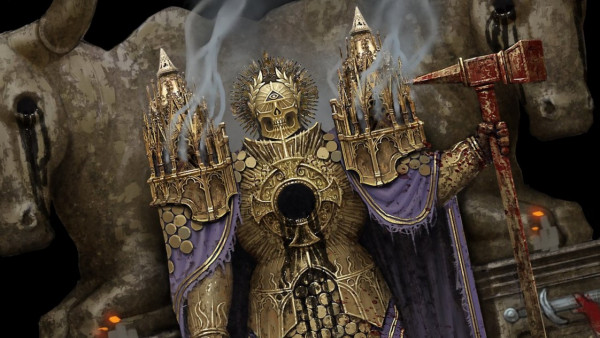

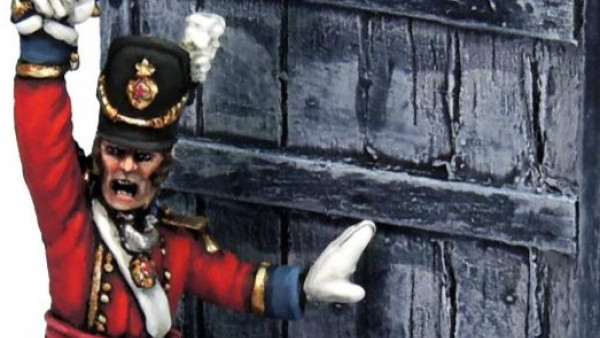

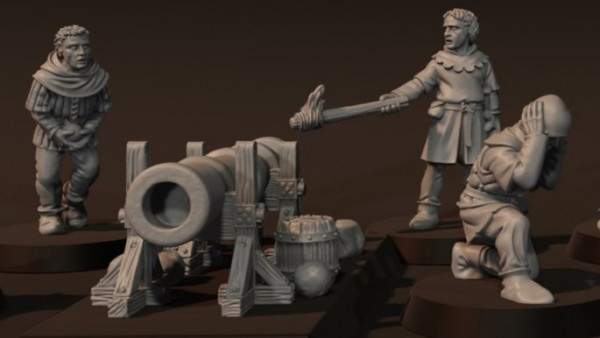

If the problem is writing more of the current campaign, then perhaps taking a sidestep and writing a completely disconnected short scenario ( or as many as come to you ) for your players to get involved in would help? Your players don’t need to know it’s not part of the campaign proper, though i doubt it would matter much if they did, and it could develop into a part of the campaign during play, taking it, and your campaign writing, in a fresh direction. I think having something disconnected to the campaign narrative in the campaign gives some meaning… Read more »
That is certainly something I want to do more of. I like telling those kinds of side stories, a little bit like those episodes of a long-running series where they just take a break from the main storyline.
Babylon 5 was good at that. They had five year story arc (I know it got messed up when TNT took over, but 5 years was the intent) with each season having a major story line and then now and again a ‘side trek’ to lighten the mood. One of the best SF series that was on TV… flawed characters… story continuity and even the villains were likeable (G’kar went from villain to hero, Londo from comedy ambassador to dark lord of the Centauri… but still you could empathise with him). I miss that show… and should watch the DVD’s… Read more »
B5 was superb at that. When i started watching the show during the first series it looked like just a bunch of largely disconnected, or loosely connected stories with a central theme, much like most of the Star Trek TV series. By the end of the first series some threads had come together and major plotlines had developed. Then by the third series there were developments in the major plotlines and character arcs that were referencing earlier episodes from the first series that had, at the time, seemed almost incidental. This is because the creator of Babylon 5 had much… Read more »
I blame the problem in the last two seasons of B5 on the switch to TNT. Being told you have one year to complete an arc that was planned for five years is bad enough and then being told you can have another year to use up the stories you had to cut… And the loss of Ivanova didn’t help, Claudia Christian was great in that role. She and Garibaldi worked so well together, almost a double act. I wish I had the creativity to plan a five year arc, but GM’s don’t have the same level of control as… Read more »
It wasn’t great that season 4 had to squeeze in parts of the story that were meant for season 5, but i don’t think it ruined Babylon 5. My main problem with Babylon 5 is that J Michael Straczynski doesn’t hold out any hope of there ever being a remake: https://www.digitalspy.com/tv/ustv/a855453/babylon-5-revival-wont-ever-happen-j-michael-straczynski/ .
Crusade was cancelled. Legend of Rangers never got beyond the pilot. Tales was supposed to be a series but that was a one off.
B5 and Firefly are both great losses.
‘Crusade’ and ‘Legend of the Rangers’ were both additions to the main narrative that J Michael Straczynski wanted to tell, so i’m not that bothered that they didn’t take off, especially given that i found to be bad and even, in the case of the latter, detrimental to the orignal Babylon 5 series because they undermined some of it’s premises.
It has been years since I did the storytelling, I used to do a lot of it and had some renown because my campaigns were more “freeform” and unrestrictive, I allowed my players any freedom they wanted and on several campaigns they left the campaign and did their own things, their own adventures and their own agendas, essentially they played their own story and I was there to facilitate the world. My experience from that has some advice formulated, mind you I used to create my own worlds and adventures, but you can used or adapt this to already established… Read more »
I always allow my players to dictate the storyline in that sense…but occasionally I’ve come up with some big twist which just doesn’t sit right. It’s a learning curve but having a world bible is certainly a good idea. I have one for my own world too.
Douglas Adams used get to writers block… he took a bath… and no I’m not joking. I often have ideas that get blocked. Sometimes I know where I want the party to be, but I don’t know how to get them there. Other times I know the destination. When I get stuck I take a break. If I can’t fix it by games night I apologise, explain I’m stuck and dig out a dungeon crawl boardgame to fill in while I find the solution. More often than not I find that the deadline helps. If I have a month, or… Read more »
A cup of tea and taking a break is a very good idea 🙂
Writing next weeks game… time for a cup of tea…